Who is the father of zoology?
Zoology is the study of animals.
It is a branch of biology that deals with the structure, function, behavior, and distribution of animals.
The father of zoology is considered to be Aristotle, who was born in 384 BC.
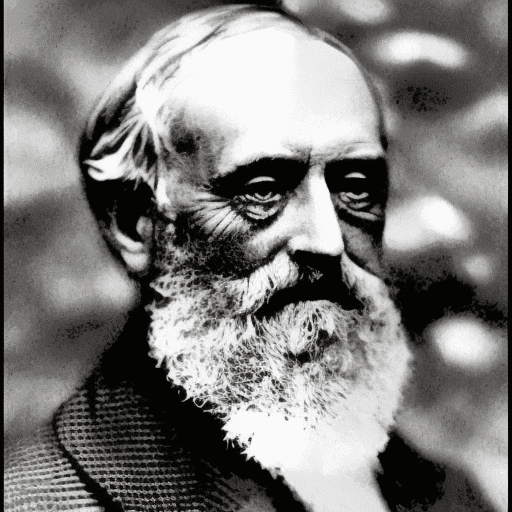
The father of zoology is considered to be Aristotle, the ancient Greek philosopher and scientist.
Here are 9 key facts about Aristotle’s contributions to zoology:
- Aristotle lived from 384-322 BC and wrote extensively on natural science in works such as History of Animals, On the Parts of Animals, and On the Generation of Animals.
- Aristotle presented the first organized classification of living things, dividing animals into two groups: those with blood (vertebrates) and those without blood (invertebrates).
- He categorized animals by traits like habitat, reproduction, anatomy, and behavior, establishing the basis for zoological taxonomy.
- Aristotle made detailed observations of anatomy, describing the structures of over 500 different animal species from various regions.
- He performed dissections and vivisections to learn about the internal organs and systems of numerous animals.
- Aristotle described embryological development and life cycles in animals such as chickens, bees, and fish.
- His works demonstrated extensive research into comparative anatomy and physiology of species like mammals, birds, reptiles, cephalopods, crustaceans, and insects.
- Aristotle refuted many misconceptions of his time about the spontaneous generation of life from inanimate matter.
- His writings remained influential on zoologists for nearly two thousand years after his death.
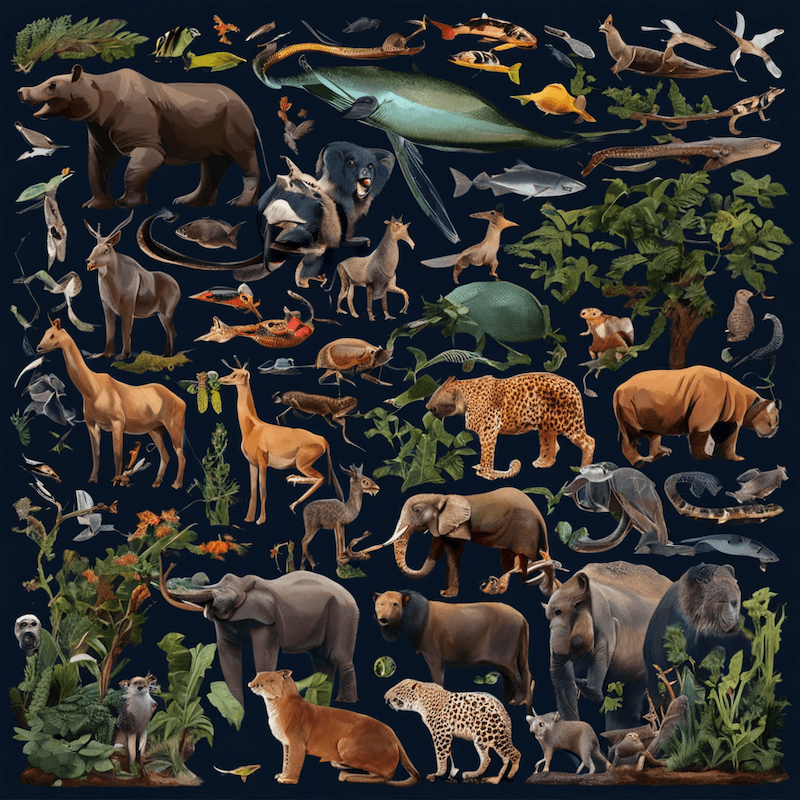
So in large part due to his rigorous empirical study of the animal kingdom and pioneering work in biological classification, Aristotle is considered the founder of zoology as a science. His observations and theories formed the basis of zoological study for centuries.
Explain it to a child
Aristotle is known as the father of zoology. He was the first person to put animals into groups. He also taught us about how animals’ bodies work and how they behave.
He was a Greek philosopher who made many significant contributions to the field of zoology.
Aristotle was the father of zoology. He was the first to classify animals into groups and gave us our first understanding of their physiology and behavior.
Aristotle also made significant contributions to the fields of biology, physics, astronomy, chemistry, and mathematics.
What is zoology and what does it study
Zoology is the branch of biology that studies the animal kingdom, including the structure, embryology, evolution, classification, habits, and distribution of all animals, both living and extinct.
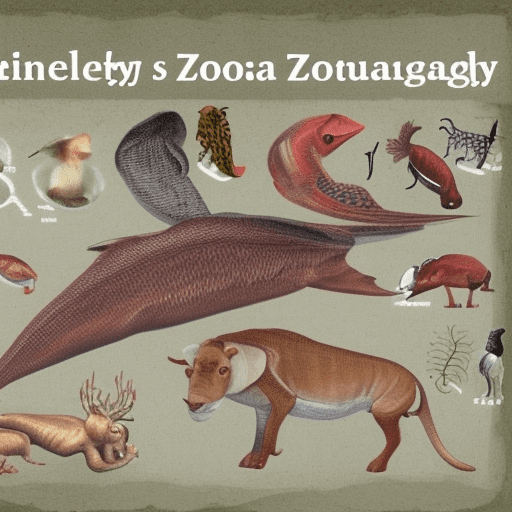
Zoologists may specialize in a particular group of animals, such as mammals, reptiles, birds, or fish.
Some zoologists study the behavior and ecology of animals in the wild, while others work in zoos or aquariums, researching the care and breeding of captive animals.
There is a wide variety of job opportunities for zoologists, as they are employed by research institutes, pharmaceutical companies, wildlife organizations, and zoos.
With further education and training, zoologists may also become veterinarians or wildlife biologists.
Who is the father of zoology?
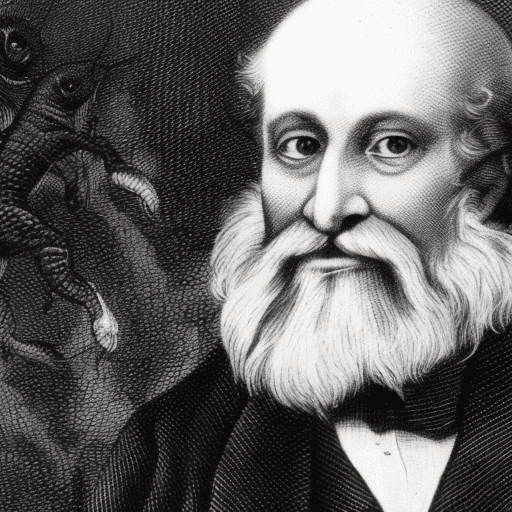
The father of zoology is considered to be Aristotle.
He was a Greek philosopher who lived in the 4th century BC.
Aristotle made many contributions to the study of animals, including classification and observation.
- He is also credited with coining the term “zoology”.
- Aristotle’s work was very influential, and it laid the foundation for much of subsequent scientific research on animals.
What contributions did Aristotle make to the field of zoology?
Aristotle is one of the most famous philosophers of all time, but he also made significant contributions to the field of zoology.
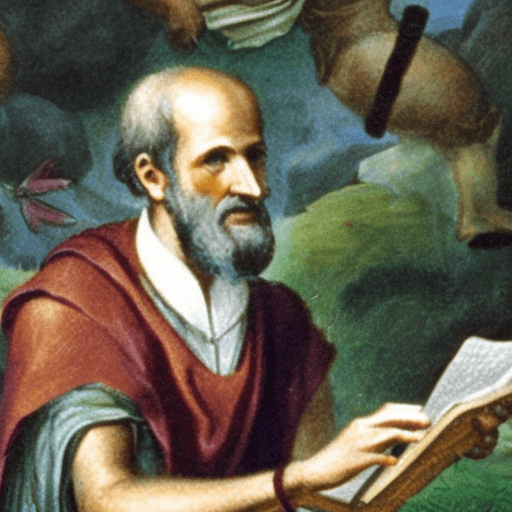
In his work “Historia Animalium,” Aristotle cataloged and described more than 500 species of animals.
He was the first to classify animals based on their habitat, and he also proposed early theories about evolution and natural selection.
- Aristotle’s observations and theories laid the foundation for much of modern-day zoology, and he is still considered one of the discipline’s most important pioneers.
- Even after more than 2,000 years, Aristotle’s work continues to be an essential part of the study of animals and their behavior.
How has zoology changed since Aristotle’s time
Zoology has changed a great deal since Aristotle’s time.
For one thing, we now have a much better understanding of the animal kingdom thanks to advances in biology and other sciences.
- We also have a greater appreciation for the importance of conservation and the need to protect endangered species.
- Aristotle’s ideas about zoology were based on his observations of the natural world, and while his work was groundbreaking for its time, it is now somewhat dated.
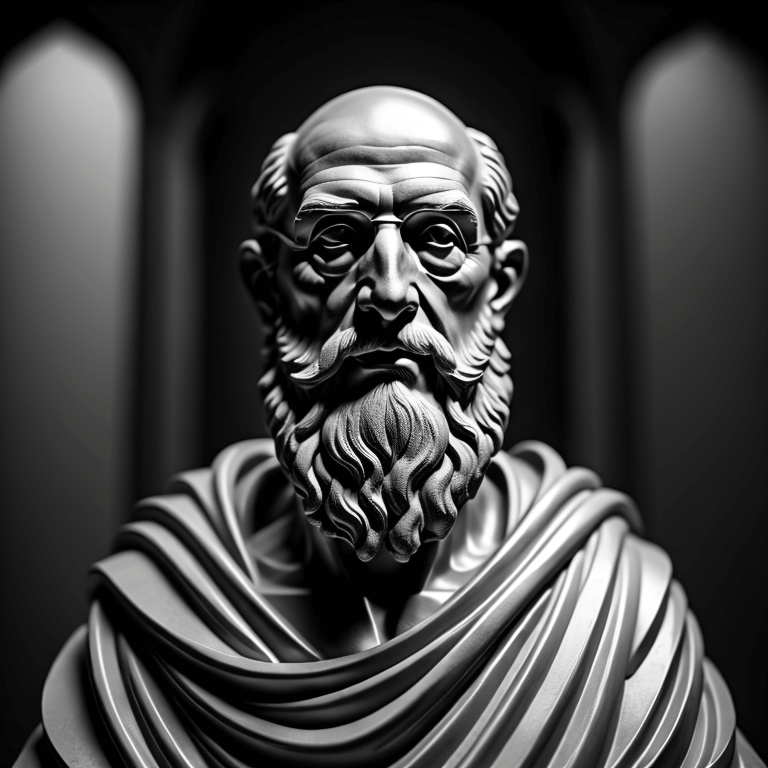
Nevertheless, Aristotle remains an important figure in the history of zoology, and his work continues to influence modern thinkers.
What are some of the most important discoveries of Aristotle in zoology?
Aristotle was one of the most important figures in the history of science, and his contributions to zoology were significant.
He was the first to categorize animals by their habitats, and he also developed a classification system for plants.
- Aristotle also made important observations about animal behavior, and he was the first to speculate that some animals may be capable of reason.
- In addition, Aristotle identified the principle of natural selection, which would later be elaborated on by Darwin.
- While much of Aristotle’s work has been superseded by modern science, his contributions laid the foundation for the study of zoology and continue to be respected today.
Today, zoologists continue to build on Aristotle’s work, providing new insights into the biology of animals.
Other “Father Of” Scientific Field Articles:
- Father of Botany
- Father of Zoology
- Father of Ecology
- Father of Bacteriology
- Father of Immunology
- Father of Biology
- Father of Physiology
- Father of Virology
- Father of Anatomy
- Father of Physics
Article Sources
Jacks of Science sources the most authoritative, trustworthy, and highly recognized institutions for our article research. Learn more about our Editorial Teams process and diligence in verifying the accuracy of every article we publish.
